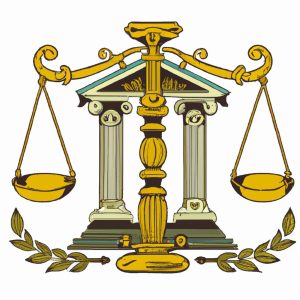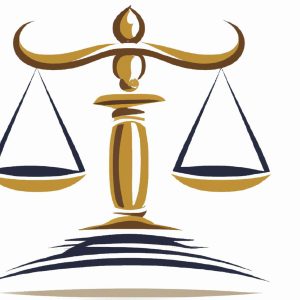As seasoned legal practitioners at Morgan Legal Group, based in the heart of New York City, we understand the complexity and emotional challenges that come with navigating the labyrinth of a deceased parent’s assets. In this article, we will guide you through the necessary steps and resources to uncover and secure your loved one’s legacy. From probate procedures to tracking down elusive accounts, we will equip you with the tools and knowledge to effectively handle the winding road of finding deceased parents’ assets.
Locating Deceased Parents’ Assets: A Comprehensive Guide
When a loved one passes away, it can be a daunting task to locate and manage their assets. As experienced estate planning attorneys at Morgan Legal Group in New York City, we understand the importance of thorough asset discovery. To guide you through this process, we have compiled a comprehensive guide on how to find deceased parents’ assets.
One of the first steps in locating your deceased parents’ assets is to gather all relevant documents. These may include wills, trusts, bank statements, investment records, real estate deeds, and insurance policies. It is crucial to carefully review these documents to identify any assets that are held in your parents’ name. Additionally, consider reaching out to financial institutions, employers, and other relevant parties to inquire about any additional assets that may be held in your parents’ name.
Navigating the Probate Process to Uncover Hidden Assets
When a loved one passes away, the process of can be complex and overwhelming. As experienced estate planning attorneys at Morgan Legal Group, we understand the importance of thoroughly searching for all assets left behind by the deceased. One common challenge that individuals face is locating hidden assets that were not disclosed during the initial probate process.
There are several strategies that can be employed to uncover hidden assets left by deceased parents. These strategies include:
- Conduct a thorough review of financial records and statements
- Work with a forensic accountant to trace financial transactions
- Interview family members and close associates for potential leads
- Search for any safe deposit boxes or storage units
Utilizing Public Records and Financial Institutions in Asset Search
When searching for assets left by deceased parents, utilizing public records and financial institutions can be a crucial step in the process. By accessing public records such as property deeds, tax records, and court documents, you can gather valuable information about the assets owned by your parents. Financial institutions, such as banks and investment firms, can also provide insight into any accounts or investments held by your parents.
One effective strategy is to start by checking public records for any real estate owned by your parents. This can include homes, rental properties, or commercial real estate. Additionally, reviewing tax records can give you a comprehensive overview of any income or assets your parents may have had. By combining information from public records with data from financial institutions, you can create a detailed picture of your deceased parents’ assets and take the necessary steps to access and distribute them accordingly.
Consulting with Experienced Estate Planning Attorneys for Assistance
When faced with the task of locating and managing a deceased parent’s assets, it is crucial to consult with experienced estate planning attorneys for assistance. These professionals have the knowledge and expertise to help you navigate the complex legal process of probate and estate administration.
By seeking guidance from estate planning attorneys, you can ensure that you are following the proper procedures and maximizing the value of your parent’s estate. These attorneys can assist you in identifying all assets, including real estate, financial holdings, and personal belongings. With their help, you can efficiently settle your parent’s affairs and honor their wishes.
Q&A
Q: How can I locate my deceased parents’ assets?
A: Finding your deceased parents’ assets can be a challenging task, but there are several steps you can take to track them down.
Q: Where should I start looking for my parents’ assets?
A: Begin by searching through your parents’ financial documents, such as bank statements, investment records, and tax returns. You can also check any safe deposit boxes they may have had or look for physical assets in their home.
Q: What legal documents will I need to access my parents’ assets?
A: In order to access your parents’ assets, you will likely need a copy of their death certificate, as well as any necessary legal documentation, such as a will or trust.
Q: Are there any government resources I can use to find my parents’ assets?
A: You can use online resources, such as the National Association of Unclaimed Property Administrators, to search for any unclaimed assets in your parents’ name.
Q: What should I do if I can’t locate all of my parents’ assets?
A: If you are unable to locate all of your parents’ assets, consider hiring a professional, such as an estate lawyer or financial advisor, to help you with the search process.
Q: Is there a time limit for claiming my deceased parents’ assets?
A: While there is no specific time limit for claiming your deceased parents’ assets, it is important to begin the search process as soon as possible to ensure that you do not miss out on any potential assets.
In Summary
As you embark on the journey of uncovering your deceased parents’ assets, remember that this process may bring up a mix of emotions. Take your time, be patient with yourself, and seek support if needed. By following the steps outlined in this article, you can ensure that you are able to properly honor your parents’ memory by responsibly managing their estate. May you find peace and closure in this important task.











